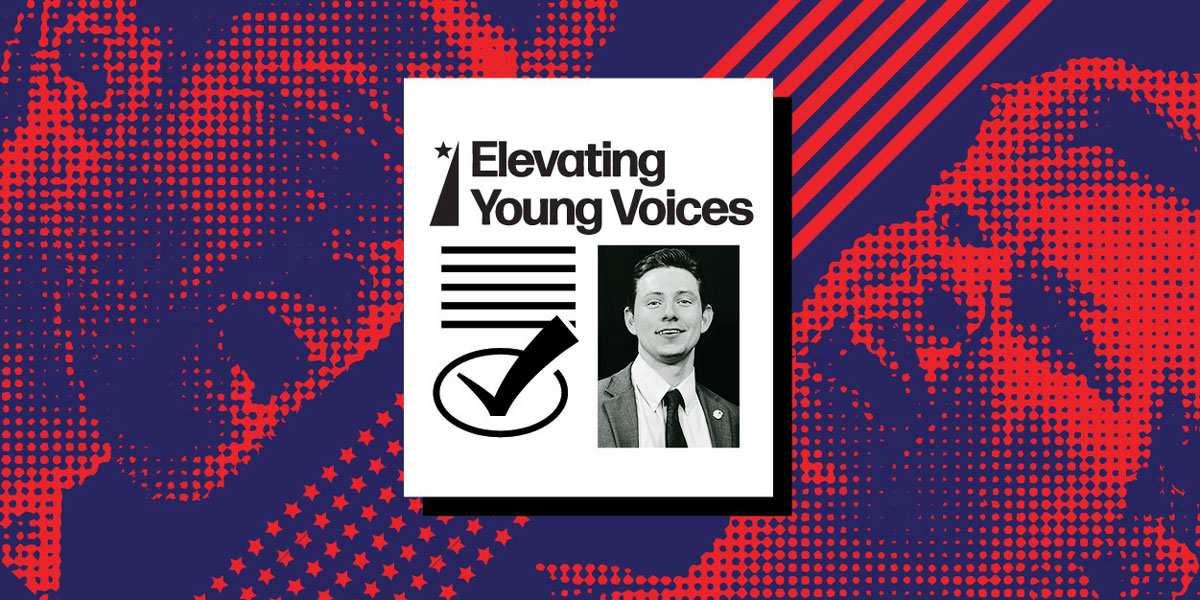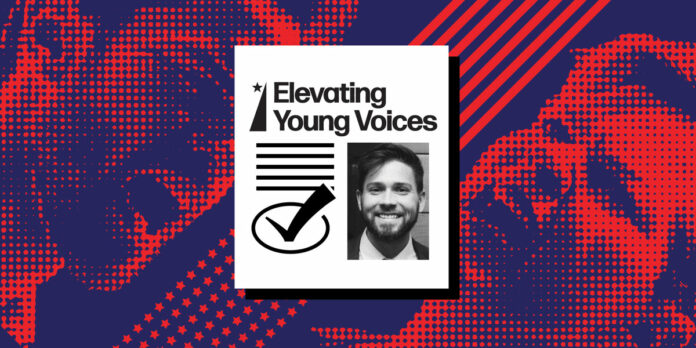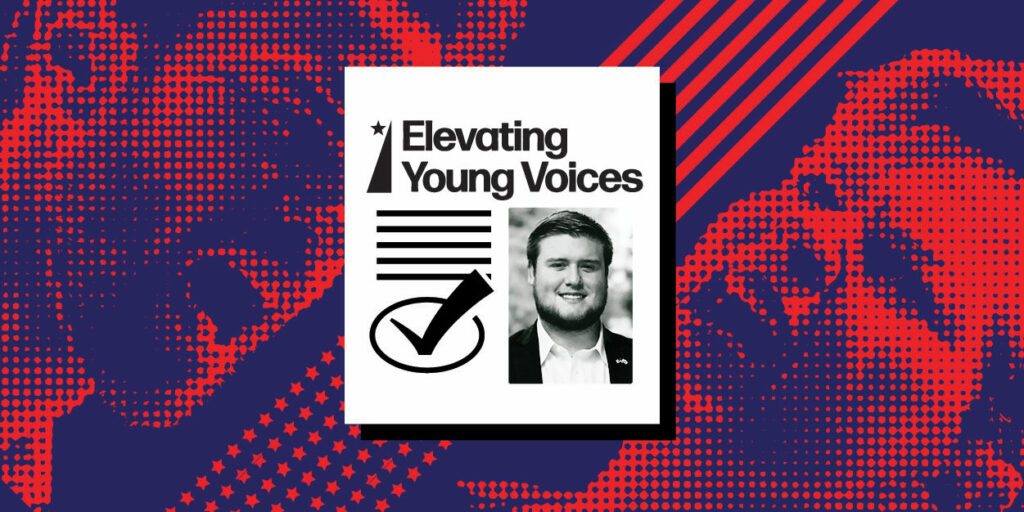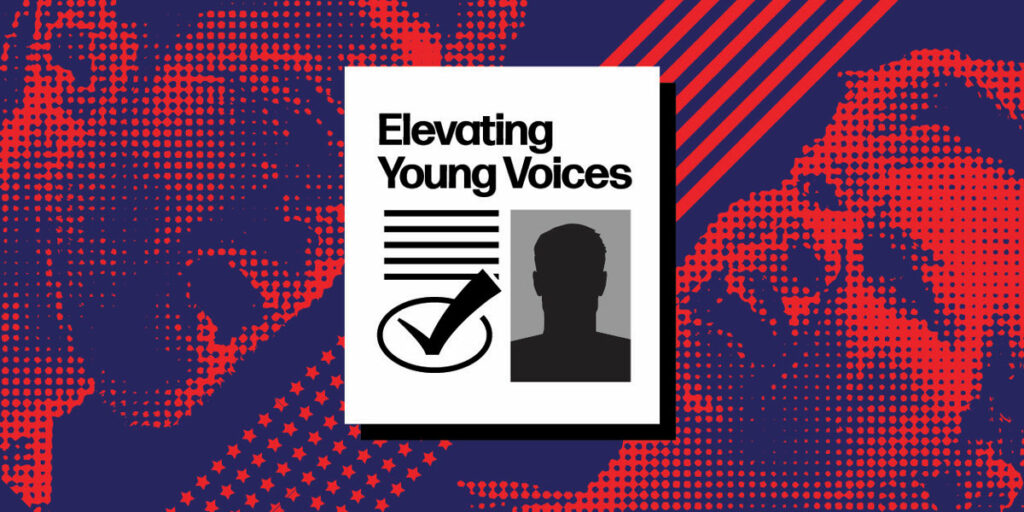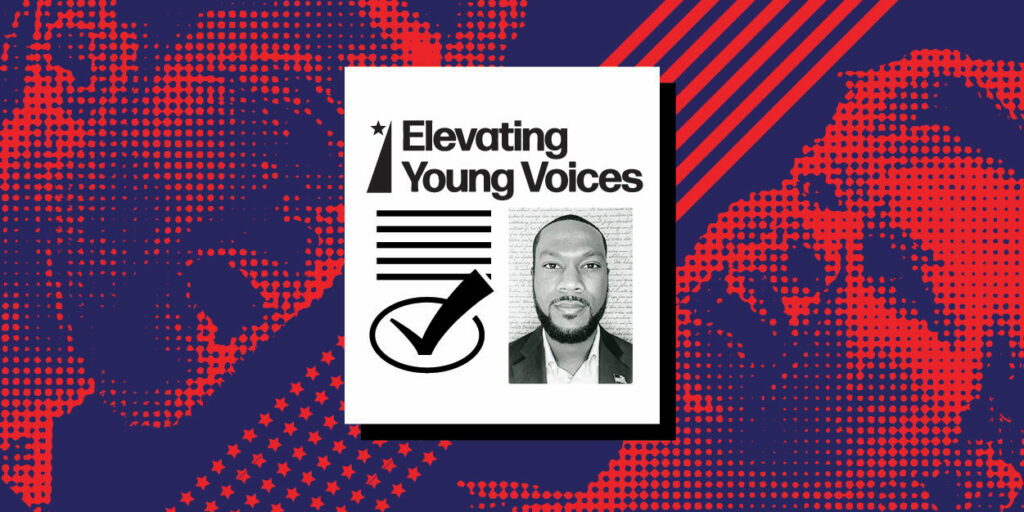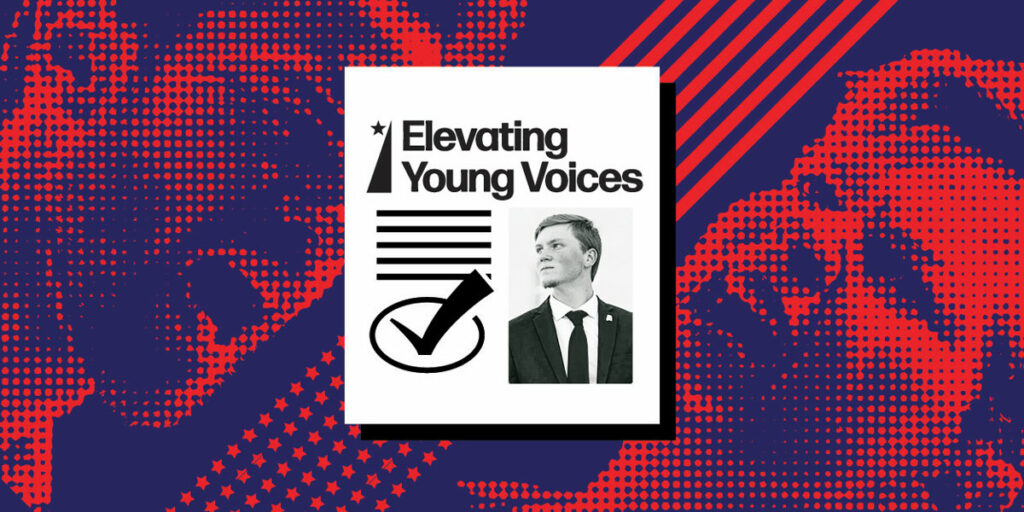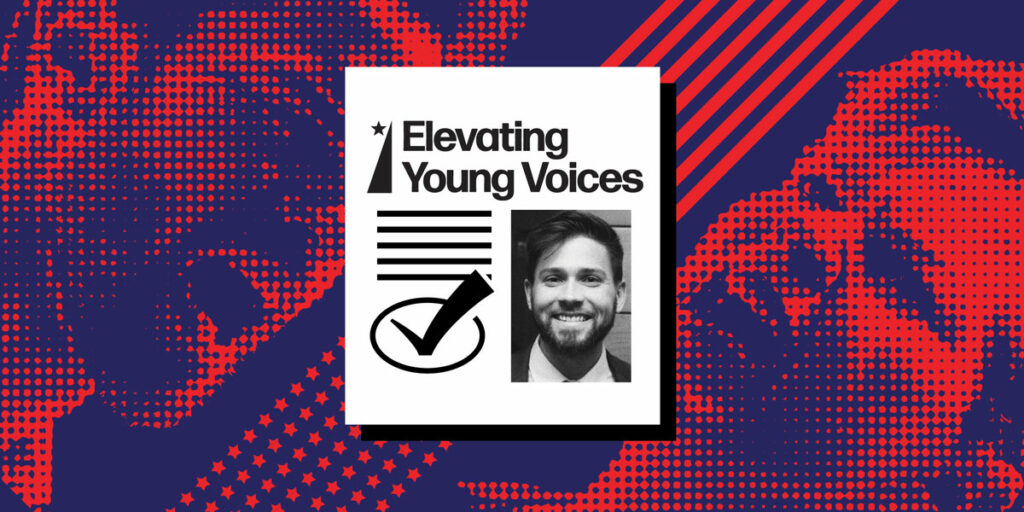If you watch the news, you’ll undoubtedly watch in horror at what the rest of us see.
Inflation, crime, drugs, war, chaos, and division
If you get on social media and you’ll see the same things … only it’s worse. Specifically the division. It would seem as if we all hated each other.
You can’t overlook it.
People call those with whom they disagree Nazis, racists, fascists, bigots, terrorists, and that’s not to be outdone by those openly calling for violence.
All of the anger and division further polarize each side of the political spectrum as both sides move further to the right and further to the left.
As bad as the news seems, and specifically social media, there’s something that many of us forget … Twitter is not real life.
Meet Parker, a college student who grew up in North Alabama and is now attending Mississippi State.
In a recent conversation I had with Parker, we discussed a wide variety of issues facing our society today. Among those were inflation, foreign policy, abortion, political correctness, and division in America.
One of the things we discussed were the causes of division and how we can avoid dividing the country further without self-censoring ourselves and falling into the traps of political correctness. A disease that, in my mind, has plagued this country for years.
Threading the needle between the two can prove to be a daunting task.
How do you stand up for what you believe in without going out of your way to alienate the people who disagree with you?
Like many who were raised in a conservative household and then attending a university was a culture shock to say the least.
“In my view, there are two life perspectives: The Social Media Lens, and just everyday life,” Parker says.
The social media lens refers to the unrealistic expectations that you get from viewing the world based on what you see on social media.
Parker said, “We’re on social media so much that we think that it’s real life. The things we see on apps like Twitter where everyone is looking for a hot take or a gotcha moment … that’s just not real life”.
There are 450 million monthly active users on Twitter. That is only a little more than 5% of the world’s population, but it’s extremely easy to project the behavior of nameless avatars onto everyday, regular people.
“I think we have to stop looking at regular people as though all of them are social media activists. The fact of the matter is, regular people aren’t focused on politics nearly as much as those online,” Parker said.
That brings us to the second “Life Perspective”: Everyday, regular people.
As cliche’ as it sounds, it’s still a true statement that people worry about the issues that affect their kitchen table conversation.
While some of us practically live on social media and actively seek out political conversation, most people just are not that way.
However, just because most people don’t spend every waking moment of their day consuming news, thinking about current events, and debating their convictions, they do have a worldview they’re passionate about.
Parker said, “Everyone has a political worldview even if they don’t think about politics all day.”
We have to remember however, there is a right and a wrong way to converse with people about their political worldview.
“We shouldn’t make certain topics taboo,” Parker said. “Politics and religion aren’t topics that we should be scared to talk about with other people, but you shouldn’t try to force constant discussion on those topics either”.
Parker went on to stress the importance of not getting overly emotional when discussing your views.
“Put logic and reason first and let your emotions follow, not the other way around”, he said.
It’s normal to want to get extremely emotional when talking about difficult topics. We’re passionate about things, but when you get emotional, you can throw any hope for common ground out the window.
In essence, be a normal person. Of course you should be passionate. If you’re not passionate about something, do you really care about it at all?
So when it comes to threading the needle between self-censoring and political correctness, or staying away from difficult subjects entirely, the approach is what matters as discussed above.
As I stated before, I believe political correctness is one of the biggest harms facing our society today. And that’s for a reason.
Political correctness is being used as a tool, wittingly or otherwise, to force people into submission with whatever prevailing narrative is being promoted at the time.
This is deeply harmful to our society as a whole.
If people feel like they’re not allowed to speak their minds and voice their opinions for fear of retribution, the result will be furthering the divide between left and right.
Growing resentment on both sides and a lack of understanding of one another only leads to tribalism.
It starts as awkward conversation at family gatherings, but over time, and in emotionally heightened situations, it can lead to much worse.
That’s not to suggest that political correctness is responsible for every evil in the world, but it is a challenge we face, and one we must overcome.
The solution, according to Parker, is having calm, open conversations with one another about what we believe rather than leading with emotion.
“We have to try our best to learn what people that aren’t like us think, and why they think it,” he said.
When respect is given to someone with an opposing worldview, that respect is often reciprocated and that is when progress is made.
If you or someone you know has a story to tell, feel free to reach out to us at [email protected].
“Elevating Young Voices” is a series that provides a platform for the next generation of leaders to share their perspectives on issues in America today. Each individual represents the new face of what it means to be pro-Alabama.
Nate Butler is a contributing writer for Yellowhammer News. You can find him on Twitter @realnatebutler or on Instagram @_nate_butler




